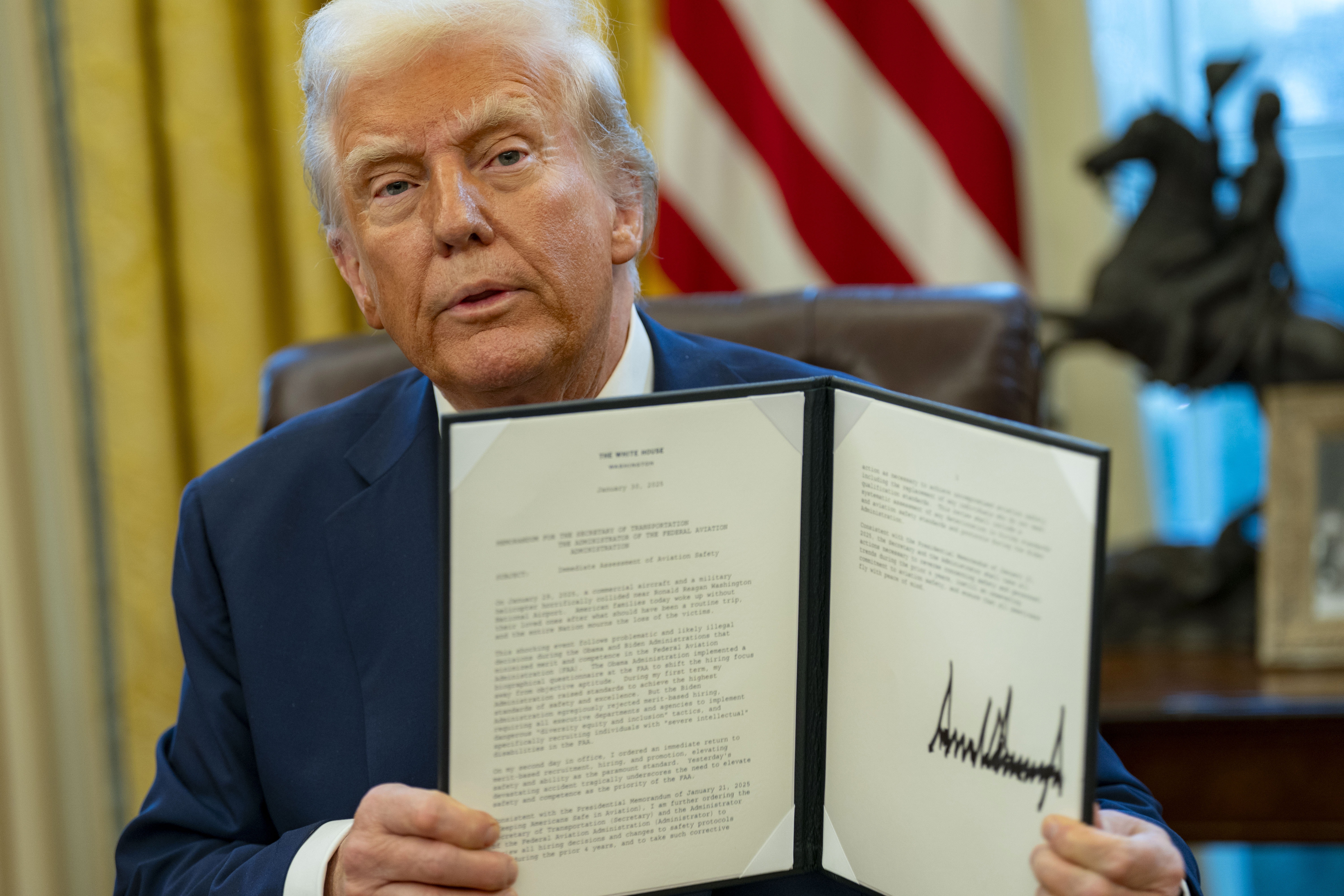One of the most alarming aspects of the new Donald Trump presidency is the speed with which he is dismantling the rules of the game.
From domestic rule of law to multilateral agreements on climate commitments, trade tariffs and even the naming of straits of water, absolute power is being exercised absolutely, with no apparent need for justification, reasonableness or rationality.
Rules are critical for the maintenance of order, and laws provide the framework for the enforceability of the rules and should provide a process to appeal against their arbitrary exercise.
The social contract is premised on individuals relinquishing their right to act out of self-interest for the benefit of the greater good, but in return certain basic needs must be met by society.
And this is why the guarantee of basic income must be one of the primary guarantees in modern society. An individual surrender of the right to take at will must be replaced by a society-wide entitlement to a protected income and livelihood.
This led to the right to a basic income through waged work or cash transfers when work is not an option, and was an essential building block for peace and development as part of the reconstruction in Europe after World War 2. From chaos to order.
A guarantee to income was enshrined through multilateralism into international law by the International Labour Organisation (ILO)’s 1952 Convention 102. This provides minimum standards for social security and essential healthcare that each member state has to provide.
The social security income guarantee covered nine social risks that can disrupt a person’s access to income throughout their life and include maternity; family responsibilities; sickness; disability; employment injury; unemployment; old age; and loss of the family income earner.
Recognising that the burden of these risks was universal – affecting each one of us albeit in different patterns – governments agreed that stable industrialised democracies needed to share the risk burden among workers, employers and the state.
The approach was to agree on universal minimum standards which member states could expand and build on as economies grew.
From the social security systems in Nordic countries to the French healthcare system, all these public systems were built up progressively in adherence to the obligations and rules set out in Convention 102. The systems were financed publicly through robust tax-and-transfer fiscal policy that also dampened income inequality.
However, the elegant efficiency of tax-and-transfer public financing gave way to the individualistic neoliberalism of the US and the Conservative government of the UK in the 1980s. This broke the social contract to allow for individual and corporate wealth accumulation through a commitment to the reduction of taxes.
Good public systems began to lose their sheen and income and wealth inequalities began to take hold and grow. As inequality rose, the commitment to public provisioning was weakened and state obligations were externalised for profit.
But the global financial crisis of 2008 demonstrated that those countries with more comprehensive public systems recovered more quickly than countries in which the individual was responsible for their own wellbeing.
This recognition led to the ILO adoption in 2012 of the concept of Social Protection Floors under ILO Recommendation 202. This approach kept the minimum standards approach of the 1952 convention 102, but collapsed the nine social risks to a unified universal social protection floor below which no one should fall.
The importance of social protection floors is recognised in the UN Sustainable Development Goals (SDGs). Social protection is indicator 1.3 of the first SDG. And yet, we know that many countries are struggling to prioritise social protection when encouraged by their treasuries and by international financial institutions to cut social spending further.
It was in recognition of the danger of SDG 1 not being met that South Africa selected a commitment to a better and faster roll-out of social protection floors as one of the three 2025 G20 Development Working Group priorities, together with Financing for Development and Global Public Goods.
It was also very reassuring amid geopolitical chaos, sitting in the First Development Working Group of the 2025 G20, to see how seriously delegates sitting around the table took the whole concept of multilateralism. Each delegate has to comment on the South African positions and represent their own country’s position, and the aim is a consensus position among all G20 members.
Finding consensus on many of these things will be tricky since countries’ interests often clash and so do the interests of developing countries and developed countries.
So, while to the outside world the realm of long meetings held behind firmly closed doors for days on end might seem arcane and a waste of money, be assured that there is as much value in the process as in the substance. The fact that we can recognise our wellbeing in the collective rather than the individual country or person is extremely important. Its value needs to be recognised and celebrated.
Which is not to say that the negotiations are all in good faith and plain sailing. Whether consensus is built on the South African positions in the seven working groups of the Finance Track and the 15 working groups of the Sherpa Track remains to be seen and will depend on a lot of diplomatic bilaterals and caucuses.
But people are in the room and are committed to talking. For now, multilateralism is alive and well. DM
Isobel Frye is the senior policy adviser: G20 for Oxfam South Africa. She is also a member of the G20 Development Working Group secretariat as a social protection expert.
Maverick Citizen
Multilateralism and social protection floors are still alive despite Trump’s attacks
The global financial crisis of 2008 demonstrated that those countries with more comprehensive public systems recovered more quickly than those in which the individual was responsible for their own wellbeing.




